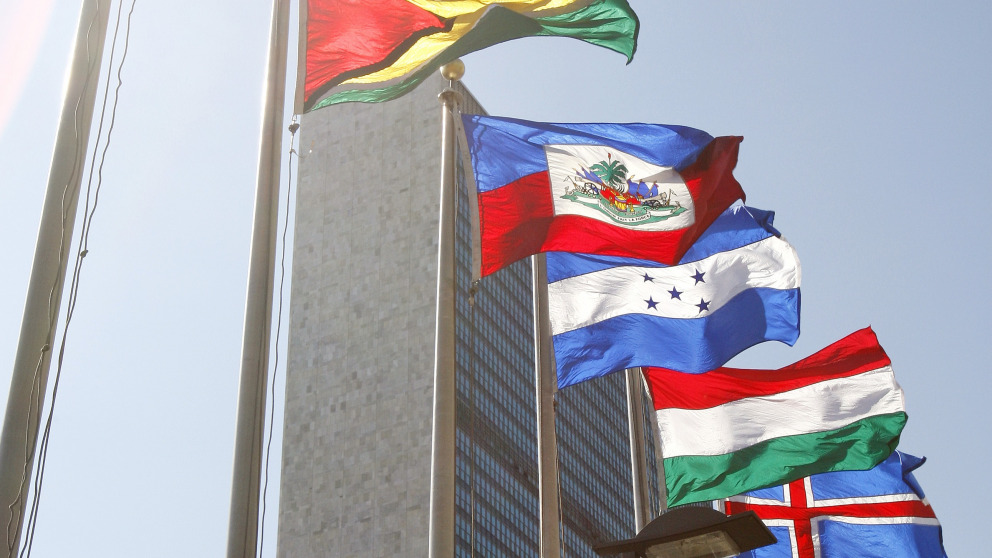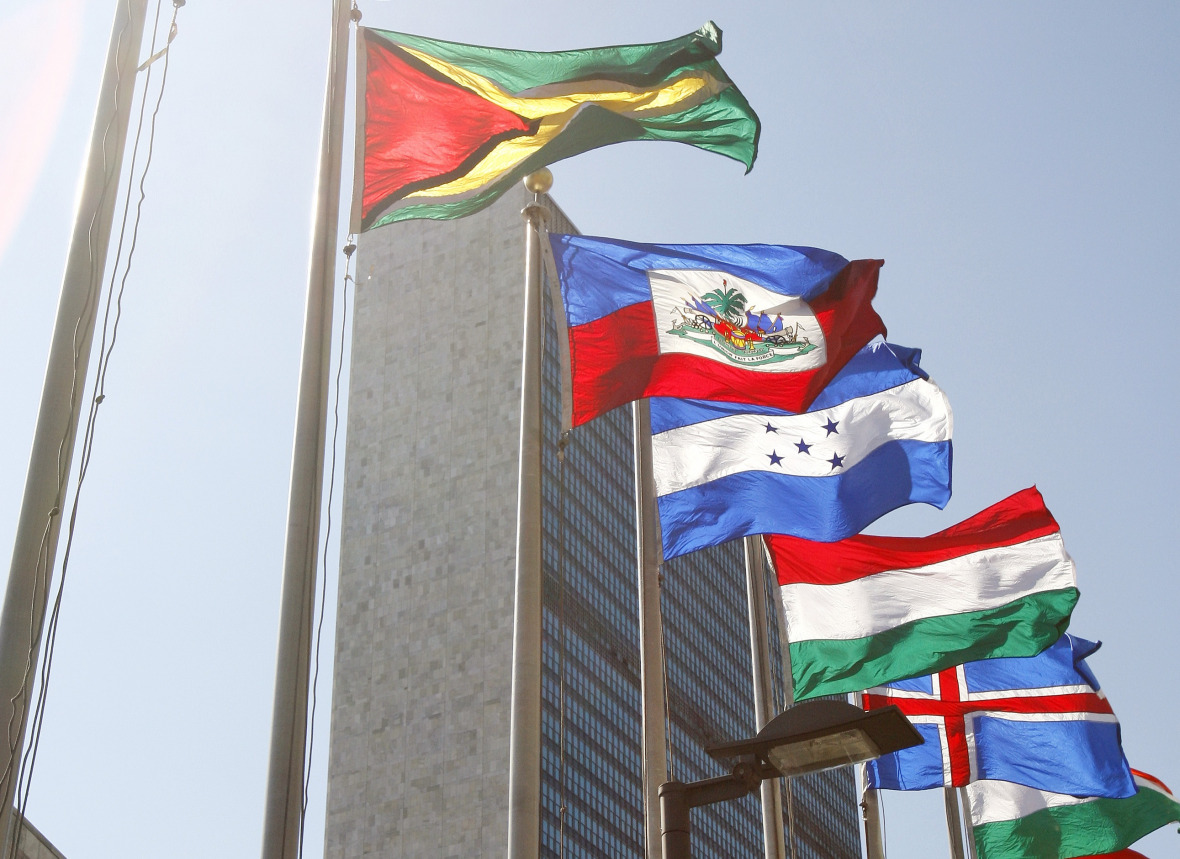Headline:
The Protection of the High Seas: UN Decides in favour of Negotiations towards a New Agreement

A rescue plan for the high seas is now within reach: after four days of intensive discussions in New York, a UN Working Group agreed on 24 January to launch negotiations on a legally binding agreement to protect marine areas beyond national jurisdiction more effectively. These areas account for almost half of the Earth’s surface. IASS Executive Director Klaus Töpfer welcomed the Working Group’s recommendations: “This is an important milestone on the way to protecting the high seas. UN Member States have made good on the initial promise they made to safeguard the oceans at the Rio+20 Earth Summit in 2012. Now it’s time to advance the negotiation process and take concrete steps such as establishing marine protected areas.”

Governance of the high seas is a focus of research at the IASS. Together with partners from academia, politics and civil society, IASS researchers have elaborated comprehensive recommendations and brought them to bear in the decision-making process. They were present as advisors at the meeting in New York. The future agreement will protect endangered ecosystems and species and ensure the sustainable use of the oceans. In addition to the establishment of marine protected areas, the package of measures with which states wish to combat the loss of marine biodiversity foresees environmental impact assessments of proposed interventions in the oceans, fair rules for the use of genetic resources, the transfer of modern offshore technology, and capacity building in developing countries. The working group’s recommendations still have to be adopted by the UN General Assembly in September 2015 before negotiations within the framework of a preparatory committee for an international conference of states can begin in 2016.
On the margins of the meeting, David Miliband, former British foreign secretary and co-chair of the Global Ocean Commission, stressed that a binding agreement was in the shared interest of all countries: “Before someone begins exploiting high seas resources, it would allow the international community to undertake environmental impact assessments just like on the rest of our planet.”
Sebastian Unger, head of the IASS research group on ocean governance, explained that while a consensus had been reached on launching negotiations, it was likely that the whole process would take several years. “For that reason, states should use existing instruments and management structures as far as possible. In the North-East Atlantic a first regional system of marine protected areas has already been established on the high seas. Initiatives like that should be extended to other areas, not least to bolster the implementation of any future agreement,” said Unger. The questions of what form that agreement might take and how regional and global organisations might cooperate and coordinate action were also discussed at an expert workshop organised by the IASS, IDDRI and the UN Environment Programme (UNEP) on the sidelines of the meeting in New York.
For further information on UN discussions on the protection of marine areas beyond national jurisdiction, see:
- IASS Working Paper: The Scores at Half Time
- IASS Policy Brief: Advancing Governance of the High Seas
- Special Section: Advancing Governance of Areas Beyond National Jurisdiction (Marine Policy, November 2014)
Photo: (c) UN Photo/Eskinder Debebe
26.01.2015
